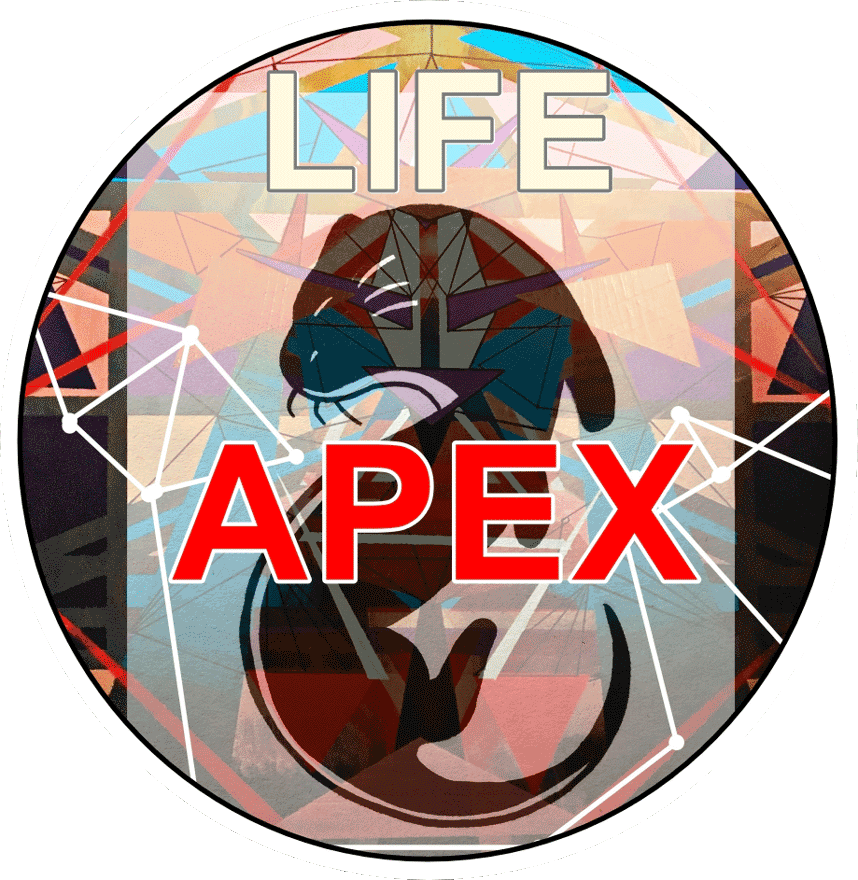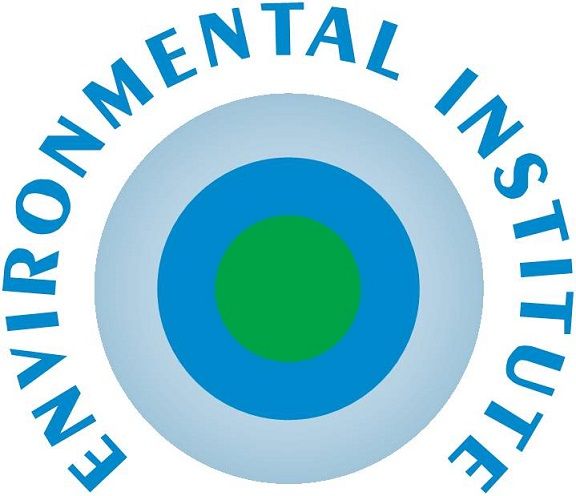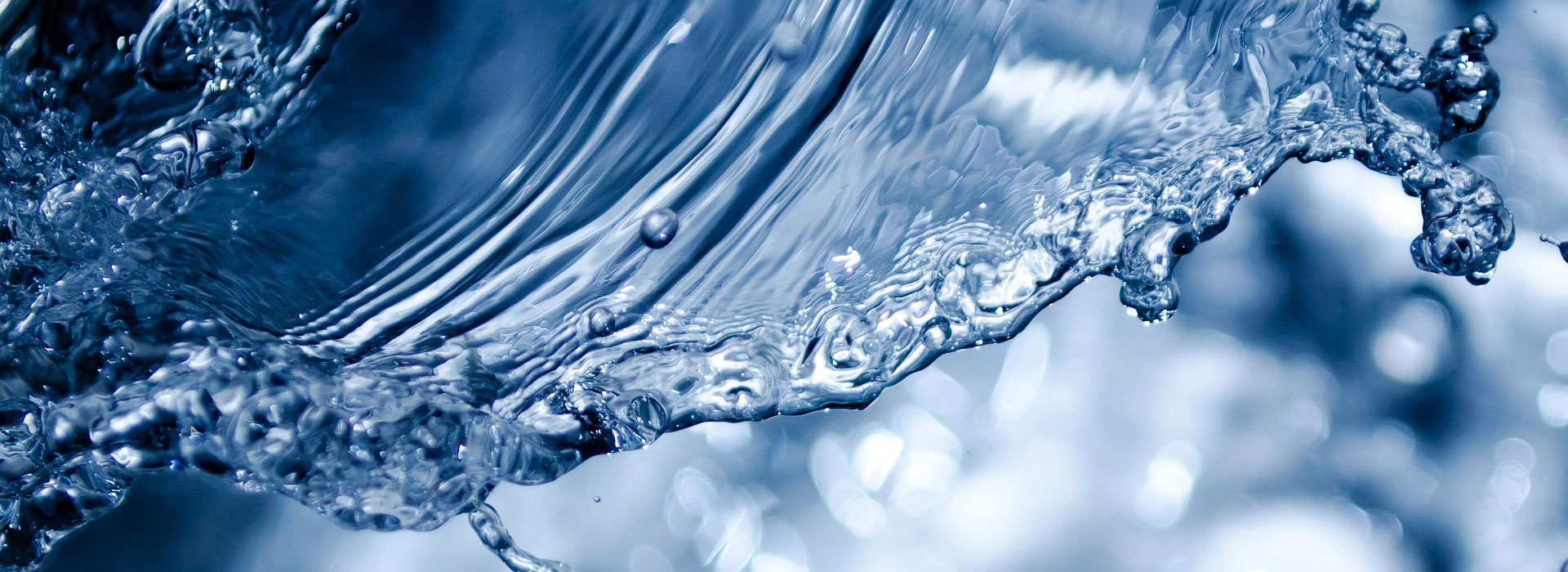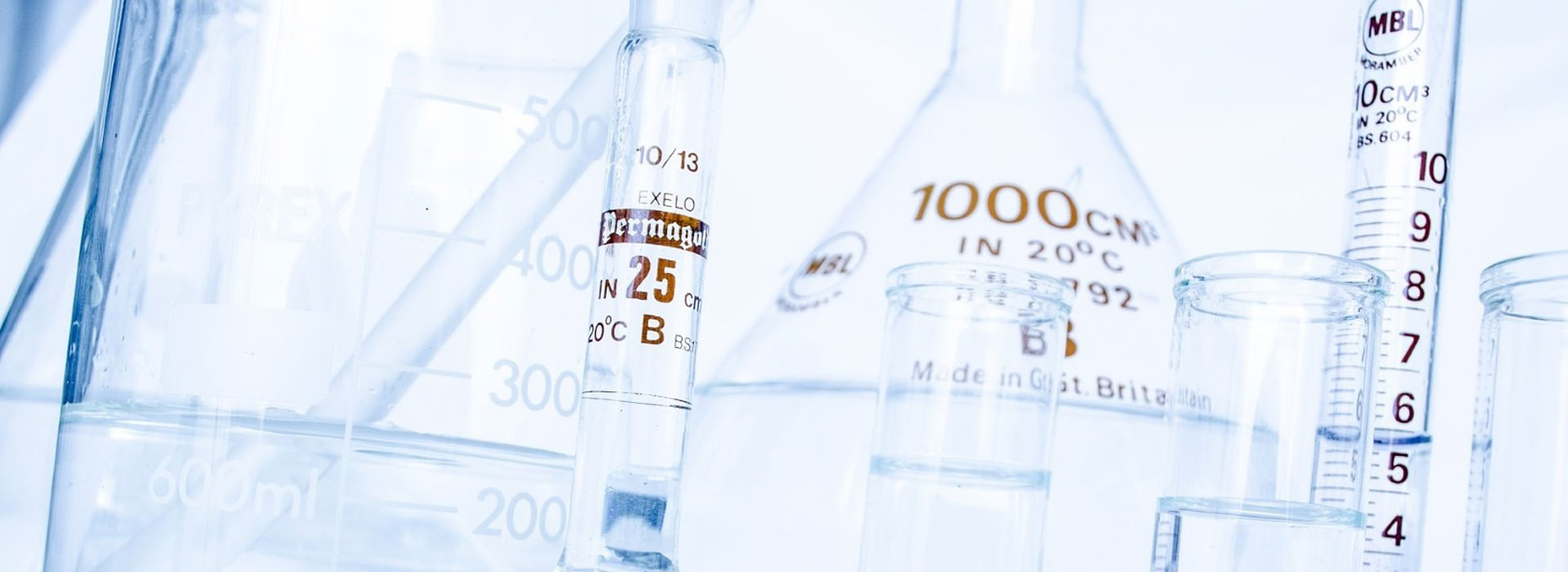In the last twenty years Environmental Institute (EI) has participated in EU research and/or coordination projects ANALEACH (INCO-COPERNICUS), AWACSS, TRAP-NAS, WARP, WEKNOW, VIRM (FP5), AQUATERRA, EAQC-WISE, SOCOPSE, NORMAN (FP6), AQUAREHAB, EDA-EMERGE, SOLUTIONS (FP7), ANSWER, PRORISK (H2020), LIFE APEX (LIFE 2017) and TERRACHEM (Horizon Europe).
Environmental Institute, your partner in:
- Environmental research, monitoring and assessment
- River basin management planning
- Development of novel analytical systems and methods
- Establishment of environmental laboratories and providing capacity building
- Implementation of analytical quality control schemes
- Design of environmental information and data management systems
- Design and construction of clean-up/waste management/renewable energy sources technologies in the agricultural sector
Highlights
- Guidance on Information Requirements and Chemical Safety Assessment - Chapter R.7c: Endpoint specific guidance
- Guidance on Information Requirements and Chemical Safety Assessment - Chapter R.11: PBT/vPvB assessment
- Environmental Institute as a Coordinator of TerraChem project
- NORMAN guidance on suspect and non-target screening in environmental monitoring
- Two policy briefs as an outcome of LIFE APEX project published in Environmental Sciences Europe
- Environmental Institute as a leading research center in Slovakia - Participation in EU project ANSWER
TERRACHEM
 The overall aim of TerraChem is to develop, demonstrate and apply a novel systems approach integrating monitoring, environmental modelling, data management, analytical tools and user guidance to better understand exposure of terrestrial biota across trophic levels (from soil and soil water to plants to primary and secondary consumers to apex species) in Europe to the universe of environmentally – relevant anthropogenic chemicals and their damage on terrestrial biodiversity and ecosystem services, with a view to enabling more efficient environmental risk assessment of chemicals in the terrestrial compartment and more effective prevention and mitigation, accelerating achievement of the EU’s zero pollution ambition.
The overall aim of TerraChem is to develop, demonstrate and apply a novel systems approach integrating monitoring, environmental modelling, data management, analytical tools and user guidance to better understand exposure of terrestrial biota across trophic levels (from soil and soil water to plants to primary and secondary consumers to apex species) in Europe to the universe of environmentally – relevant anthropogenic chemicals and their damage on terrestrial biodiversity and ecosystem services, with a view to enabling more efficient environmental risk assessment of chemicals in the terrestrial compartment and more effective prevention and mitigation, accelerating achievement of the EU’s zero pollution ambition.
NORMAN
 The NORMAN network enhances the exchange of information on emerging environmental substances, and encourages the validation and harmonisation of common measurement methods and monitoring tools so that the requirements of risk assessors and risk managers can be better met. It specifically seeks both to promote and to benefit from the synergies between research teams from different countries in the field of emerging substances.
The NORMAN network enhances the exchange of information on emerging environmental substances, and encourages the validation and harmonisation of common measurement methods and monitoring tools so that the requirements of risk assessors and risk managers can be better met. It specifically seeks both to promote and to benefit from the synergies between research teams from different countries in the field of emerging substances.
LIFE APEX
 The AIM of LIFE APEX is to improve systematic use of chemical monitoring data from apex predators and prey for protecting human health and the environment.
The AIM of LIFE APEX is to improve systematic use of chemical monitoring data from apex predators and prey for protecting human health and the environment.
LIFE APEX involves making better and more cost-effective use of chemical monitoring data from the large, valuable but under-used resource of environmental samples in Europe’s Environmental Specimen Banks, Natural History Museums and other research collections.










